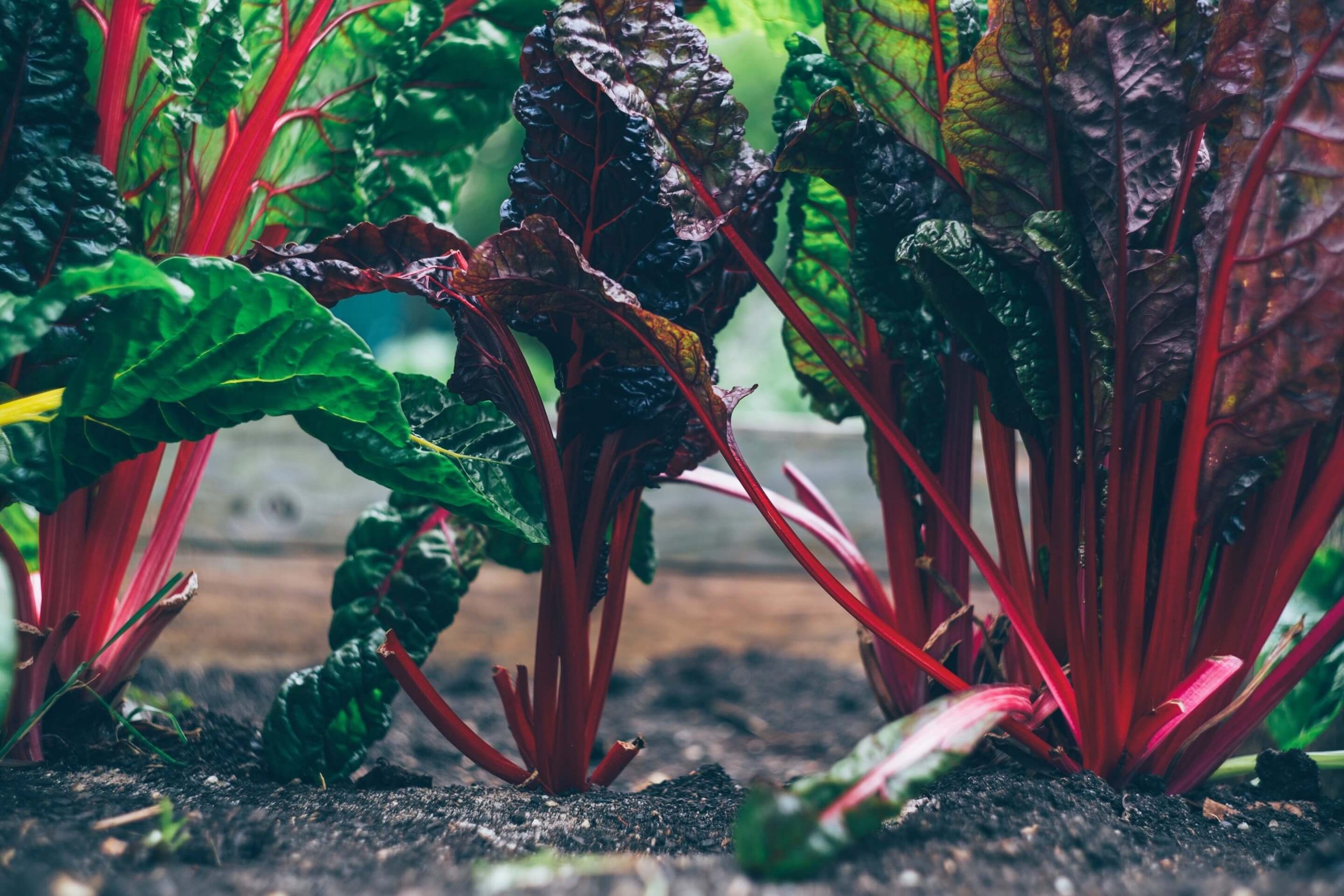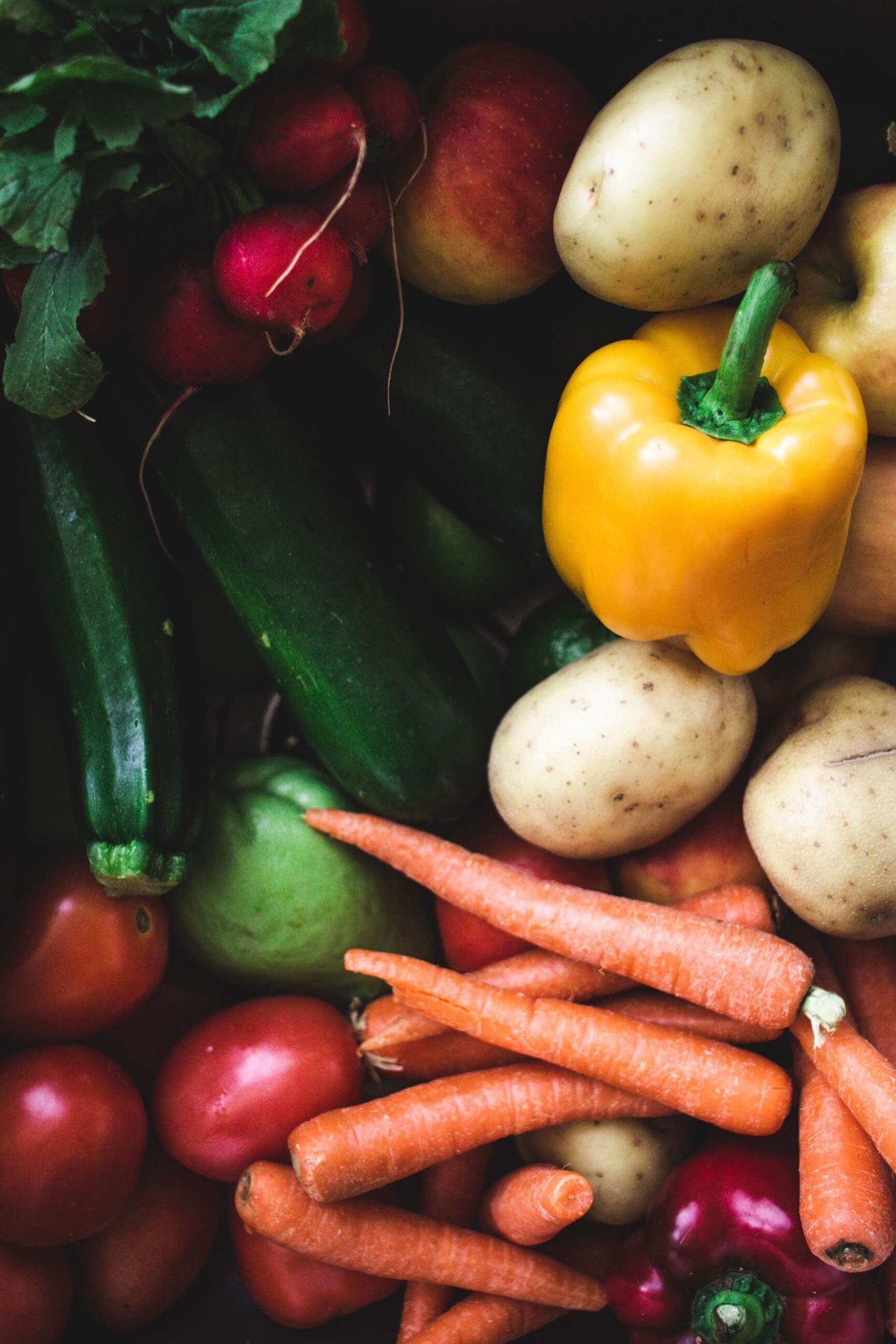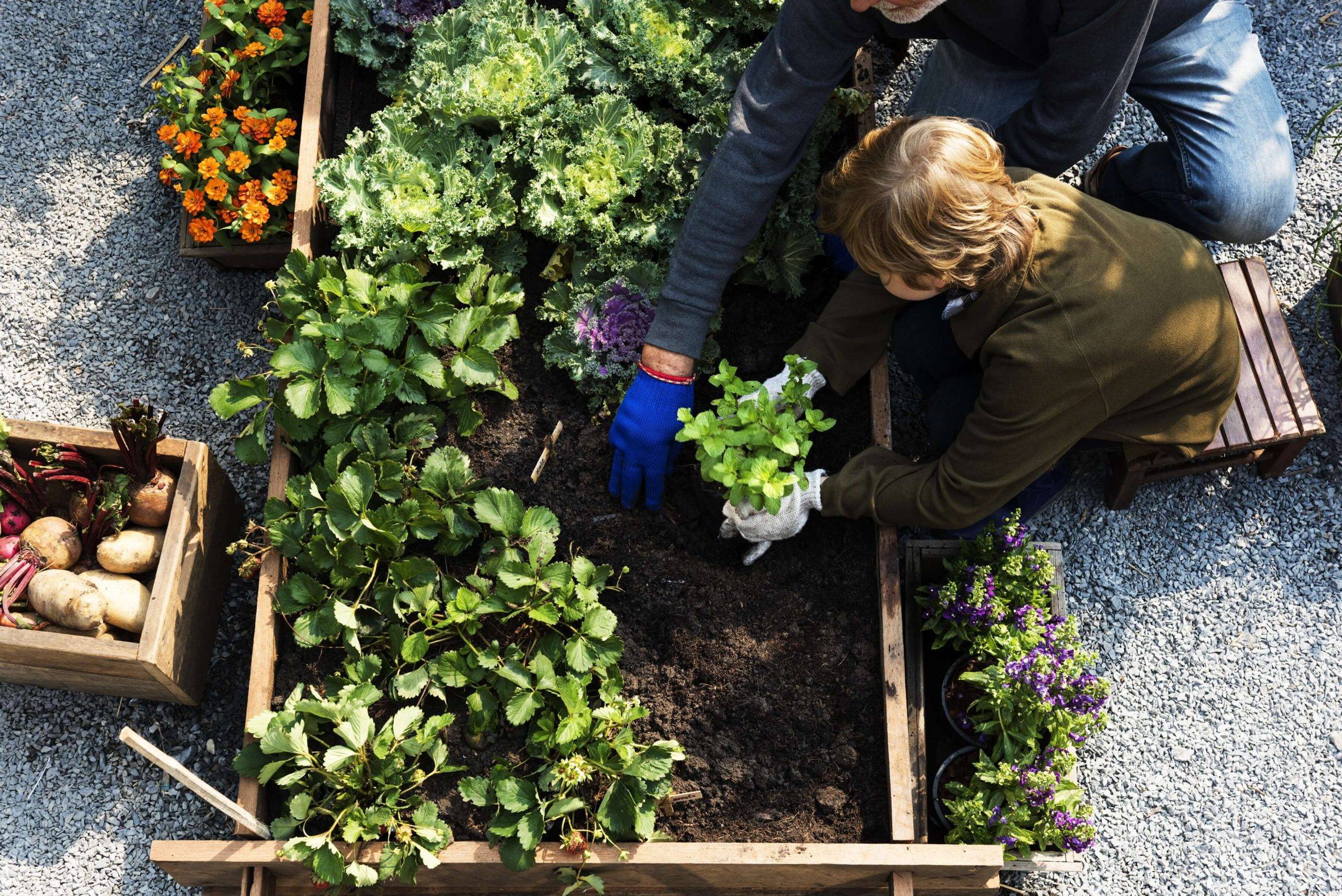Raised veggie gardens are more popular than ever. Families want activities to get the kids outside and they have an increased focus on growing fresh, organic produce for healthier meals.
If you have grand plans for a veggie patch, there’s many ways you can achieve this. If you have good soil and a suitable location, you can plant in existing garden beds.

If your soil is not the best or your outdoor space is more of a concrete jungle, then raised garden beds, wooden planters, vertical gardens and pots will work well for you. If you are renting, then portable planter pots will allow you to take the veggie garden when you move.
You can start a raised garden almost anywhere, so long as it is in a sunny location. If the whole DIY thing is a little scary, you can purchase affordable pre-fabricated raised garden beds often made from timber, corrugated iron or plastic.

Best timber for your raised veggie gardens
When purchasing timber, ensure that the type of wood you select hasn’t been treated with toxic chemicals and is the right grade of treated pine for in-ground use. You will need to buy timber rated at least H4, but H5 and H6 provide more protection (H6 is rated for below-ground use and is recommended).
Raised garden beds can either be constructed from recycled timber, sleepers, corrugated iron, stone or brick. One of the most popular materials used for raised garden beds is timber, with treated pine being commonly used.
If you do decide to build your own garden beds from timber, the timber needs to be able to withstand moisture, resist insect and fungal attack and be safe for use near edible crops.
If you have to cut treated pine, you will need to re-seal the cut surface to maintain its rating.
Treated Pine
Treated pine is a popular option and readily available, but not all types are suited for a vegie patch. Older treated pine (called CCA treated pine) is preserved with copper and chrome arsenate (containing arsenic) and studies have shown low levels of these chemicals can leach into the soil and have been found in some root vegetables.
Another concern with CCA is when cutting it, you should wear a dust mask as breathing in the sawdust from treated pine is a health hazard. CCA treated pine should also never be burned and it should never come into contact with drinking water.
Newer pine treatments – such as ACQ treated pine is a great alternative which undergoes a water-based wood-preservation process that is arsenic-free. This makes it perfect to use for home vegetable gardens. It looks the same as CCA Treated Pine, and will last just as long.
Ecowood
Ecowood is another arsenic-free Treated Pine that is non-corrosive and is long-lasting.
Untreated Hardwood
Hardwoods are a great alternative to treated pine make beautiful edging and untreated they are very durable. Jarrah or cypress work well as they are naturally resistant to decay and termite damage.
Colorbond
Colorbond and galvanised sheet metal are a great alternative to timber for raised garden beds and come in colours to complement your existing landscaping.
If you need advice on selecting timber building materials for your raised veggie gardens, contact Luke and he can get you ready to safely grow your own fresh produce in no time.
Follow our landscaping projects on Facebook.


Hi Luke
We are interested in planting a vegetable garden and would be interested in getting help with setting it up.